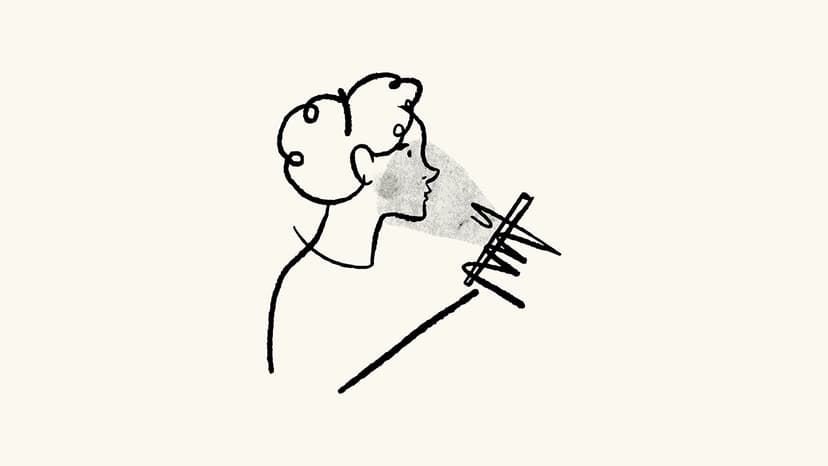Which is Correct: Sons or Sons?
When it comes to the term "sons," it can be confusing because it sounds simple, but its use can vary. Let’s break this down simply to clear things up.
What Does "Sons" Mean?
"Sons" is the plural form of "son." A son refers to a male child. When we use "sons," we talk about more than one male child. For example, if you have two boys, you can refer to them as your sons.
The spelling "sons" is straightforward. There is no alternative spelling for this term in standard English. The confusion might come from context, especially if you think about the pronunciation or if you are typing quickly.
When Do We Use "Sons"?
We use "sons" in various contexts. Here are some examples:
- Family: "I have three sons." This is a clear way to identify how many boys someone has.
- Cultural Reference: In some cultures, the term "sons" can have specific meanings in traditions or inheritance.
- Literature or Music: Songs or stories often mention "sons" to convey themes of family, legacy, or relationships.
These examples show that "sons" is widely used in different settings. It helps give clarity when discussing families or male children.
Common Mistakes
People often confuse "sons" with similar sounding words or terms. Here are some common mistakes:
- Son vs. Sons: "son" is singular. You refer to one male child. "Sons" is for two or more.
- Possessive Form: The possessive form is "son's" or "sons’." The apostrophe indicates ownership. For example, "My son’s toy" or "My sons’ toys."
This distinction is crucial for clear communication. It helps avoid misunderstandings in writing or speech.
Always use "sons" when referring to more than one male child. The spelling is correct every time in this context. There is no other variation of the term. Language can be tricky, but knowing the right terms makes a difference. Use "sons" confidently, and your message will always be clear.












